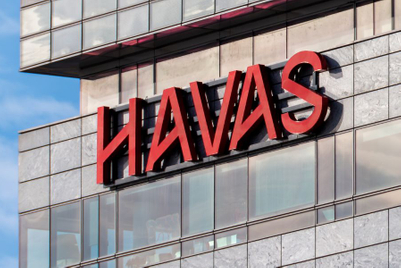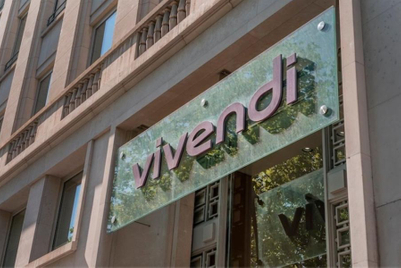.jpeg&h=570&w=855&q=100&v=20250320&c=1)
Shareholders voted on Monday (December 9) to divide the French media conglomerate Vivendi into four separate companies, aiming to enhance the value of its various businesses.
More than 97% of shareholders voted in favour of breaking up the company into independent entities. This includes Havas for advertising, Canal+ for television, Louis Hachette for publishing—along with a holding group for Vivendi.
Vivendi first announced a year ago that it would explore the possibility of breaking up the group to enhance the value of its various operations.
The new entities will start trading on December 16. The group, led by billionaire Vincent Bolloré, intends to relocate Havas to Amsterdam for a listing on the Euronext Amsterdam stock exchange. Since October 2017, Vivendi has owned 94.75% of Havas's Share Capital.
Meanwhile, Vivendi will keep its Paris listing. Canal+ will be listed on the London stock exchange, and Louis Hachette would be listed on the Euronext Growth market in Paris.
Board chairman Yannick Bolloré said: “We are delighted with the very high adoption rate of our spin-off project. This undisputable result confirms the strong support of our shareholders for this transformative transaction."
Campaign reported last month that Havas expects to offer a total of up to €45 million ($48.7 million) in share awards and cash bonuses to staff after its Dutch stock market debut.
Havas’ 369-page stock market prospectus explains the new structure of the agency group and warns about some risks because it will become a standalone business—seven years after Vivendi acquired Havas, the world’s sixth largest agency group, in 2017.
Havas “will be a smaller and less diversified group” than when it was part of the wider Vivendi group and “there is a possibility it may not have access to financial and other resources” of Vivendi, the prospectus points out.
The split faced opposition from a small number of shareholders who were concerned that it would enable Bolloré to consolidate his control over the companies. After the distribution, Bolloré, who currently holds a 29.9% stake in Vivendi, would increase his ownership to approximately 31% in each of the newly formed entities.
Protests against the breakup were held outside the venue, and the French police's specialised crowd-control unit were called upon. Over 100 organisations united to launch a campaign titled ‘Disarm the Bolloré Empire’, accusing billionaire Vincent Bolloré of using media to support France's far-right agenda. During the shareholders meeting, Bolloré dismissed these allegations.
"If the Bolloré group wanted to take control of Vivendi, it wouldn't have chosen this operation," Bolloré said during the meeting. "This project is in the interests of all shareholders.”


.jpg&h=334&w=500&q=100&v=20250320&c=1)

+(1).jpg&h=334&w=500&q=100&v=20250320&c=1)
.jpg&h=334&w=500&q=100&v=20250320&c=1)

.jpg&h=334&w=500&q=100&v=20250320&c=1)

.jpeg&h=334&w=500&q=100&v=20250320&c=1)
.jpg&h=334&w=500&q=100&v=20250320&c=1)




.png&h=268&w=401&q=100&v=20250320&c=1)



.jpg&h=268&w=401&q=100&v=20250320&c=1)